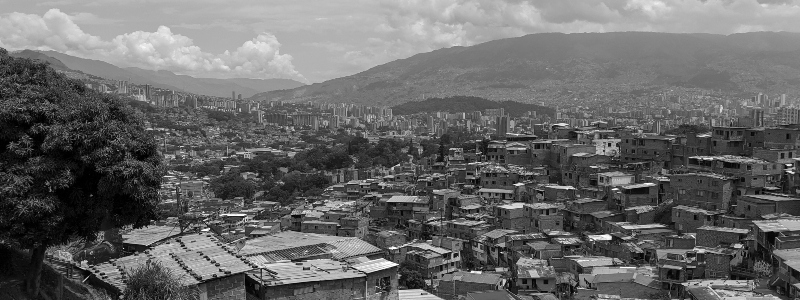
External and internal displacement
Identity and belonging is something many of us struggle with, through displacement, relocation, extended periods living abroad but also through social oppression and a sense of being different and not fitting in.
I used to think that the therapeutic journey was partially about finding ways of nourishing and loving oneself and strengthening one’s ‘core’, so that external factors have less of an impact on one’s sense of self. Whilst this is also true, I also believe in the importance of nourishing various aspects of ourselves through meeting others who are like-minded; whilst also being aware that no one group or person will ever encompass and be able to relate to all of these parts.
Feeling at home away from home
There is something wonderful about relating to the diversity in others and yet a longing remains to find places and people with whom we feel accepted and ‘at home’, through similarities in cultural background, profession, age, gender, sexuality, lifestyle and worldview.
Having lived in different countries, my inclination has been to absorb the culture I lived in, thereby loosing a sense of connection to my cultural roots in order to belong and ‘fit in’. For those living in a different culture, it can leave us feeling that something has been lost, and that we no longer know who we are. Whilst I still believe that it is important to integrate into the culture we live in, my experience is that it is equally important to stay true to who you are and seek those who are positively affirming of aspects of our culture which we do not wish to loose.
Processing loss
Coming from South America, I have experienced my culture at times as oppressive, violent, backward, etc. and embraced the positive aspects of immigration. Yet, I have also deeply missed the familiar and positive aspects of my cultural and childhood home, such as speaking my first language, the natural environment, food, literature, etc.
The loss of home experienced by those who were either displaced or have chosen to emigrate is often underestimated. Everyone has an imprint of early maternal/ paternal care which they seek to relive in adult relationships through seeking familiarity and safety. When the culture we live in as an adult does not offer a familiar template and environment, the feelings of difference and displacement continue until we are able to find internal and external resources to mitigate this to some degree. Focusing on gains and mourning the losses ultimately helps us to feel more at home in ourselves, which in turn helps us move on and build a life that is focused on the present whilst honouring the past.
Psychotherapy with a therapist who is culturally informed can help us to understand where we come from and who we are now; an integration of cultures and the unique blend that we have become.
Sam Jahara is a Transactional Analysis Psychotherapist and co-founder of Brighton and Hove Psychotherapy. She works with individuals and couples from diverse cultural backgrounds and those wanting to explore issues around identity and belonging.
Leave a Reply